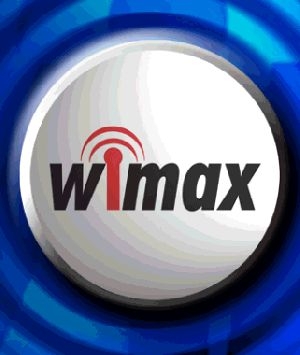
Google, the internet search and online advertising giant, is to provide fee web search, interactive communications and social networking tools to subscribers who sign up for Sprint Nextel's next generation WiMax wireless network currently under construction, says Financial Times in its July 26 edition.
The two companies said they will jointly offer the search and other tools through a new mobile portal they plan to build and will share advertising revenues it generates.
Google has earmarked the mobile market as a key component in its growth strategy over the next few years but is seen by analysts as lagging behind rival Yahoo in the US wireless market.
"Google's partnership with Sprint signifies one of the many avenues that the company is taking to enter the wireless space, with other paths bypassing mobile network operators entirely," said Nick Holland, a senior analyst with Aite Group.
"It is likely that Google will become increasingly prevalent in the mobile domain, already offering a plethora of services such as navigational tools, mobile specific search, email and instant messaging."
Spring Nextel is spending $3bn to build a nationwide 4G network based on the WiMax technology standard designed to provide web access five times faster than typical wireless networks.
The partnership with Google is seen as adding further credibility to Sprint Nextel's plans which were initially greeted with scepticism by some investors who who questioned the need for the network and the use of a relatively untested technology.
Nevertheless Sprint Nextel has been pushing ahead with its plans to test the WiMax service in Chicago, Baltimore and Washington by the end of this year and offer the service to about 100m people by the end of 2008.
Last week the company announced a partnership with Clearwire which will extend the reach of the network and enable Sprint Nextel to launch services more quickly.
Google meanwhile is also in the midst of a lobbying battle over rules governing an upcoming auction by the Federal Communications Commission of spectrum in the 700MHz band. The company has told regulators it will take part in the auction and meet the minimum required bid of $4.6bn if regulators adopt three conditions including requiring auction winners to offer competitors access to parts of the new spectrum on a wholesale basis.
A majority of the five FCC commissioners, who are due to vote on the auction rules on Tuesday, is believed to be moving towards supporting a proposal from its chairman, Kevin Martin. Mr Martin's proposal would impose some open-access requirements, but fall short of meeting all of Google's conditions. As a result industry analysts believe will ultimately make it unlikely that a new nationwide wireless carrier will emerge.
Significantly Verizon Wireless, the second largest US mobile carrier, said yesterday that it would be willing to allow any wireless device to operate on spectrum it might win in the upcoming auction – one of the Martin proposals. However it rejected suggestions that it should have to guarantee that all applications running on these devices would work well.
"We would agree to rules requiring a winning bidder to allow any device onto the network in that piece of spectrum, but there shouldn't be any requirement to guarantee that any games or Web applications on that device would work properly," said Verizon.





